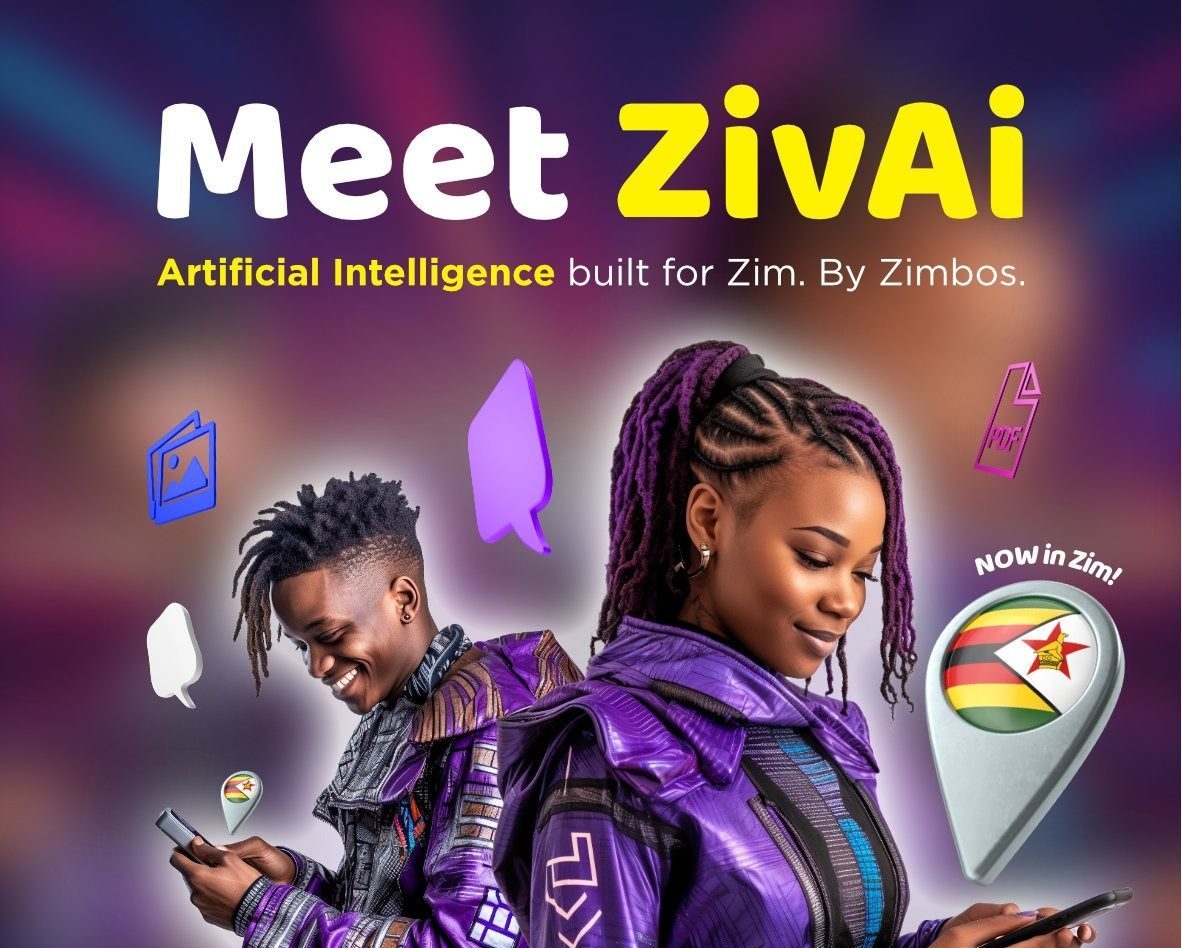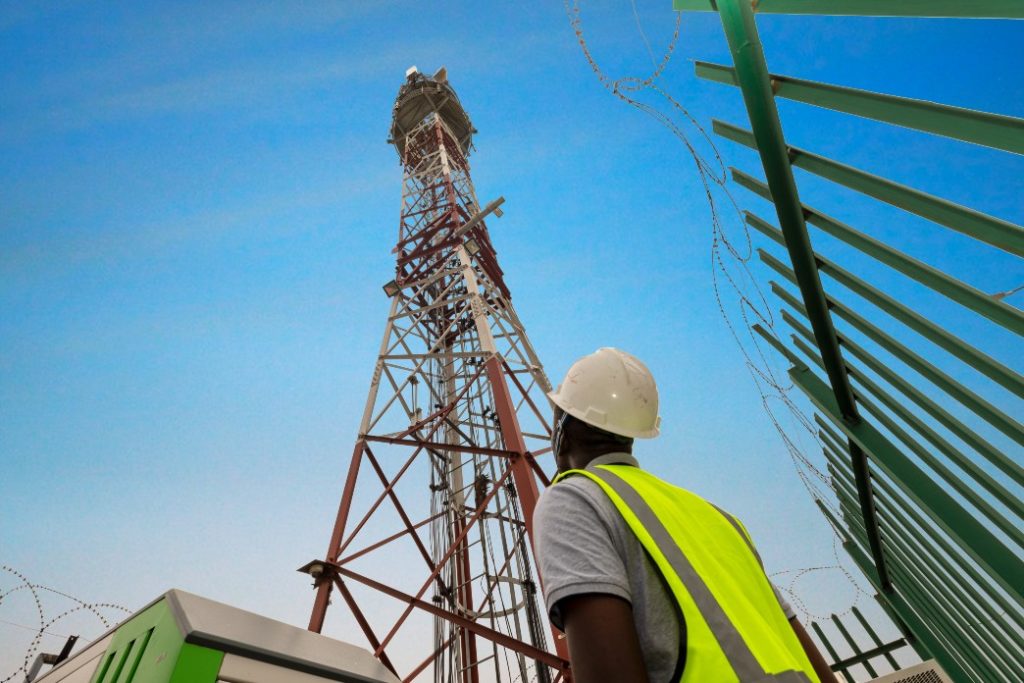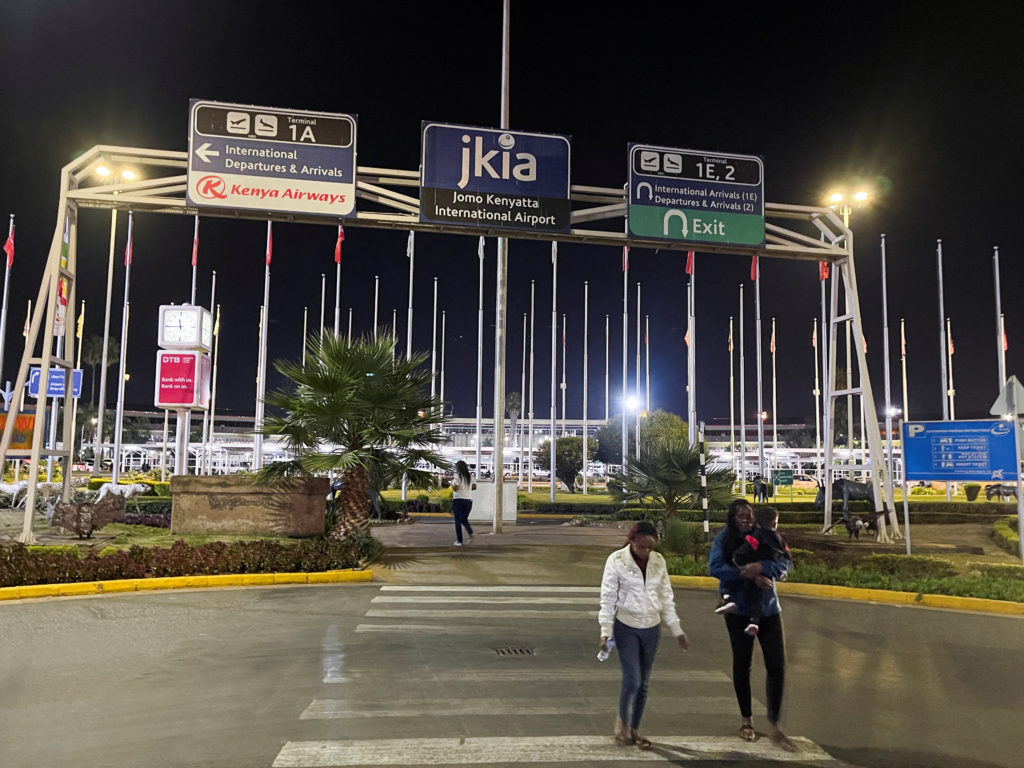Kuda Musasiwa’s desire to create an authentic, homegrown African AI is putting the Zimbabwean diaspora and the local computing community on the map.
Did you know that aliens landed in Zimbabwe in 1994? Check out the Ariel School incident to find out about the most compelling close extraterrestrial encounter on the continent.
But just a few years before the offworld visitors came to his country, a young expatriate Zimbo was feeling a little like an alien himself. That was Kuda Musasiwa, who would later become the creator of the first pan-African AI bot. In the late 80’s, Musasiwa was bundled up by his computer scientist father and taken off to Australia where his father was studying. Musasiwa ended up in a local Catholic school and remembers quite well the feeling of being the “only black kid in an all-white environment.” At one point, the parents of the other children protested Kuda’s attending swimming lessons with their kids. He ended up splashing around in the pool on his own, until Jody, a red-headed classmate, jumped in the water and broke the apartheid. “I always default to that memory because I saw the power of one person defying the rules. She was my Rosa Parks!” Musasiwa said.
It was in Australia that Musasiwa would have his eureka moment after switching on his father’s Amstrad, learning prompts, MS DOS, and running GW BASIC. Then came a Macintosh, on which he programmed his own versions of Pong and learned to write and debug code by trying and doing. Like his father had done in Australia, he would later earn an MSc in Computer Science–at City, University of London.
Before creating ZivAi, Musasiwa tried out quite a few things. His first foray into fostering a community to unite Zimbabweans across the diaspora was with his website, blaz.co.uk. Musasiwa regrets never taking advantage of how much this platform grew. “This really grew exponentially. We used to share the files we would talk about in the forums… sadly we never monetized it.”
After the dotcom bubble burst, Musasiwa and his peers created an HTML program called Checkmate, which could indicate when their contacts were online on AOL, MSN messenger, or ICQ, and more. In all his forays into the digital world, Musasiwa never lost sight of his major focus: the importance of the Zimbabwean diaspora and the local computing community.
Twenty years and many startup projects (including a fresh food delivery company, Fresh In A Box) later, Musasiwa found himself confronting a situation that would eventually stimulate the birth of ZivAi. The original inspiration came from a desire to create an authentic, homegrown African AI. Young techies and digital learners in Zimbabwe have long suffered from a lack of access to basic payment channels like PayPal and Stripe; likewise, other newer tools of interest like ChatGPT often elude them. Musasiwa views this lack of access as unfair. As a permanent resident of the United Kingdom, Musasiwa had realized years before that he could use his own access to payment channels as a means to bridge the gap for younger techies back in his home country. The vision of expanding access to information is captured in the name ZivAi, which is inspired by Musasiwa’s brother’s name, which means ‘Acquire Knowledge’ in Shona.
Musasiwa therefore created ZivAi to meet specific needs in Zimbabwe. Despite the impressive skills of the Zimbabwean youth, the economic conditions are such that this potential is in danger of being smothered. A hyperinflationary environment, sanctions and other barriers all mean that even funds from Zimbabweans in the diaspora struggle to make their way into the hands of those who need them–and if they do, remittance companies apply especially punishing costs. Within this context, setting up efficient payment channels and creating a chatbot to assist commercial vendors made a great deal of sense to Musasiwa. Though ZivAi incorporates an image generator and plenty of flamboyant UX, these are its major priorities.
The ZivAi and the Danai.chat (pan-African) models are cobbled together from smaller open-source models and the “work of the giants,” in Musasiwa’s words. The ZivAi team also recently began to use Azure Open Source. Most functionality is in English and French, but according to Musasiwa, that will change. “We want to build sovereignty bit-by-bit,” he explained. At present, the off-chat layer is being laid down, and the question that the team asks through the process is: ‘Is this good enough for a child in a rural area to be able to converse with and do things with?’ The layer should be able to explain enough to local youngsters in their own languages to support them in doing their homework, at the very least, says the founder
This underscores the tricky process of feeding the LLM African languages, first in terms of queries and responses, and hopefully later in much larger chunks of natural language. Facebook’s Meta has stored up a vast database of Shona and other languages, which it uses for AI-powered translation. That forms an excellent possibility to train the ZivAi model to speak naturally in African tongues, which will mean negotiating access to the datasets. As exciting as it sounds, Musasiwa says that his team “knows damn well that we are not important enough to get the attention of the Big Boys. We will spearhead everything ourselves.”
Interestingly, ZivAi is not Kuda’s first iteration of an AI: Shandu and Lucy (the latter named after the ‘First Human’ which remains unearthed in Africa) were earlier bots that laid the groundwork, and ultimately led to the creation of the AfricAi Project. Shandu (which means ‘Change’ in Shona) was a chatbot created for a political campaign, while Lucy was applied as customer service support. Both were based on open-source models available in 2018. Shandu’s candidate was unsuccessful in the elections, but during the pandemic, Lucy came in handy when Fresh In A Box–the fresh produce delivery startup Musasiwa co-founded with his wife–faced thousands of queries. But neither Lucy nor Shandu had capacities like the LLMs that burst onto the scene last year. “When ChatGPT was launched I was in South Africa and I thought, ‘this is mind-blowing!’” Musasiwa said. But when the API was released, his fellow coders back home in Zimbabwe couldn’t access it. Many hadn’t even heard of it.
Musasiwa was familiar with the code base, and so was able to create ZivAi, not just for Zimbabweans, but for users across Africa. According to him, he was spurred to action by the fact that GenAI tools simply don’t cater for Africans, are incapable of handling African languages and invariably draw white people when they’re prompted to ‘Draw a person’.
Within half a year of its launch, ZivAi has hit 18,000 users and 19,000 logins through LinkedIn and Twitter. The chatbot has been made available on Apple and Android. The ZivAi team is also launching DanAi.chat, the ‘Pan-African Megabot’ that Musasiwa hopes will appeal to users across the continent. The megabot is already online in beta testing and is set to grow only by word-of-mouth. All users of the megabot must select their African country first, and the team hopes this will lead to the trickle effect of users training it, thereby starting the process of localization for all 54 African nations.
For this upcoming phase, Musasiwa’s team is seeking funding for a 3-month surge which will cost $50,000. They are seeking to hit that goal primarily through crowdfunding (to back the project, check out fund.africa.app). The incredibly small sum for such an ambitious GenAI project reveals a sombre reality–that the basic resources required to scale and grow are simply non-existent at home. ZivAi/DanaAi.chat includes image generation as well as chat, covers all of Africa, and has innovative payment elements built into it, both to pay for itself and to empower merchants in an ecosystem that Musasiwa hopes to build around the bots. Building these bots is a serious undertaking, but one that cannot, it seems, be built in the country that it was first crafted for.
Musasiwa revealed that the whole ZivAi team shared a flat in South Africa, and that mobile dev Ngoni had just had his first hot shower; while Ngoni and Cyprian had taken their first-ever plane journeys to get there.
South Africa is not without its difficulties, including massive power outages, but luckily, Musasiwa and his team found a host with his own generator. There is also violent strife which often targets Zimbabwean outsiders. Choosing to build an ecosystem in ‘exile’ there rather than his homeland reveals the obstacles that Musasiwa and other tech entrepreneurs face in Zimbabwe itself. Yet he believes firmly in the power of AI to help in agriculture and health and a hundred other areas in which Africans need tech to properly utilise their true potential. Listening to Musasiwa run through problems and solutions with the same ferocious energy, one feels certain he won’t stop here. “I’m optimistic that if we build something great, if people use it, we will gain traction and more will see it.”


















